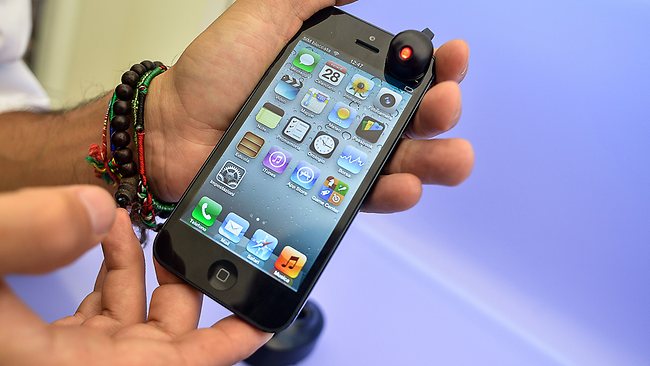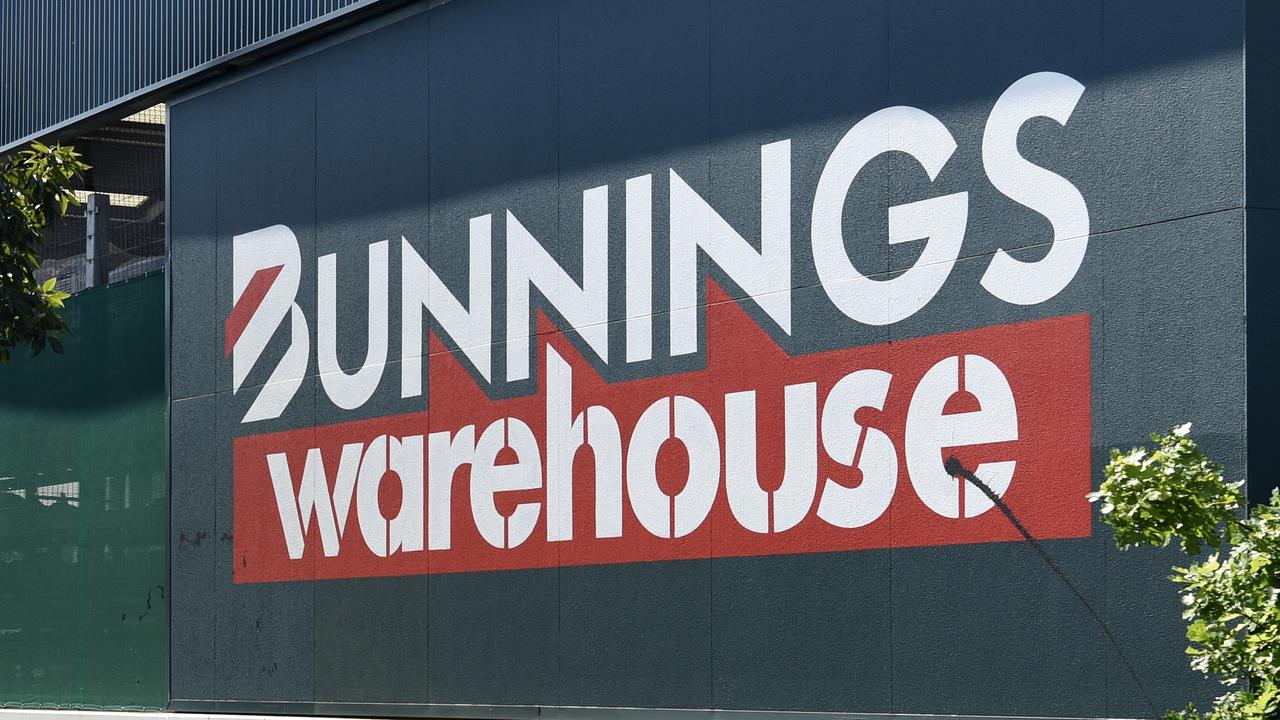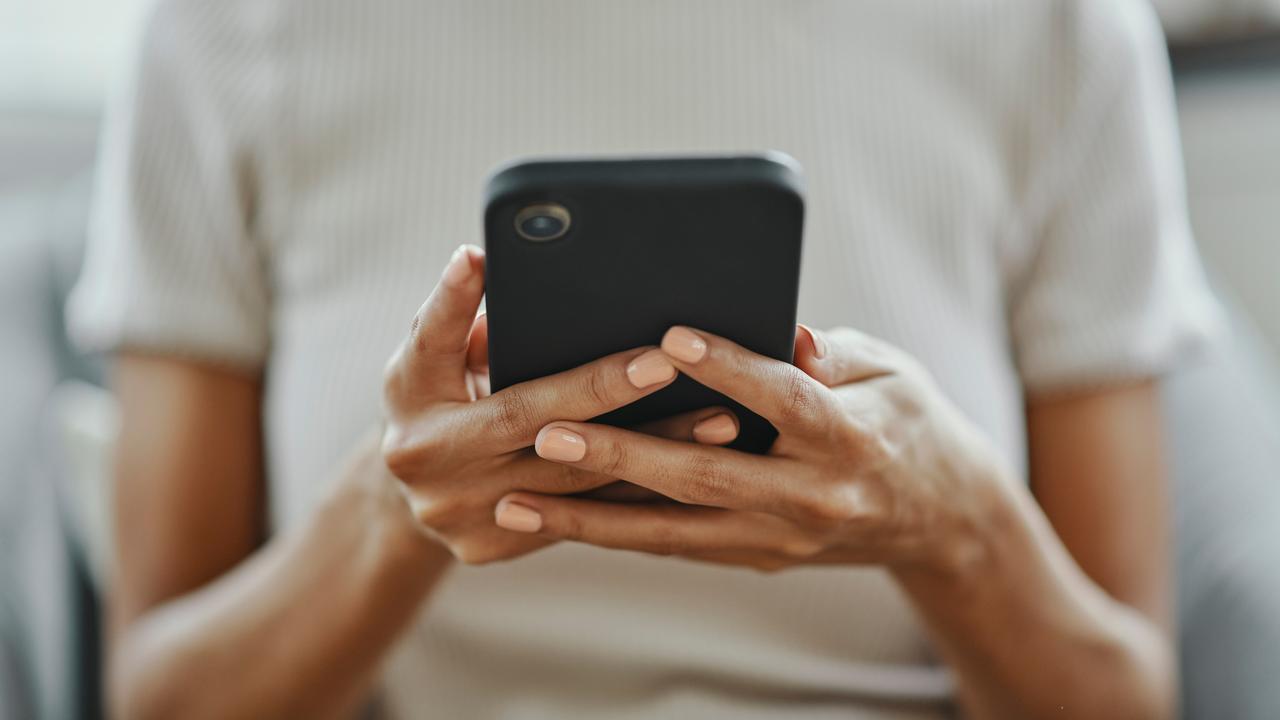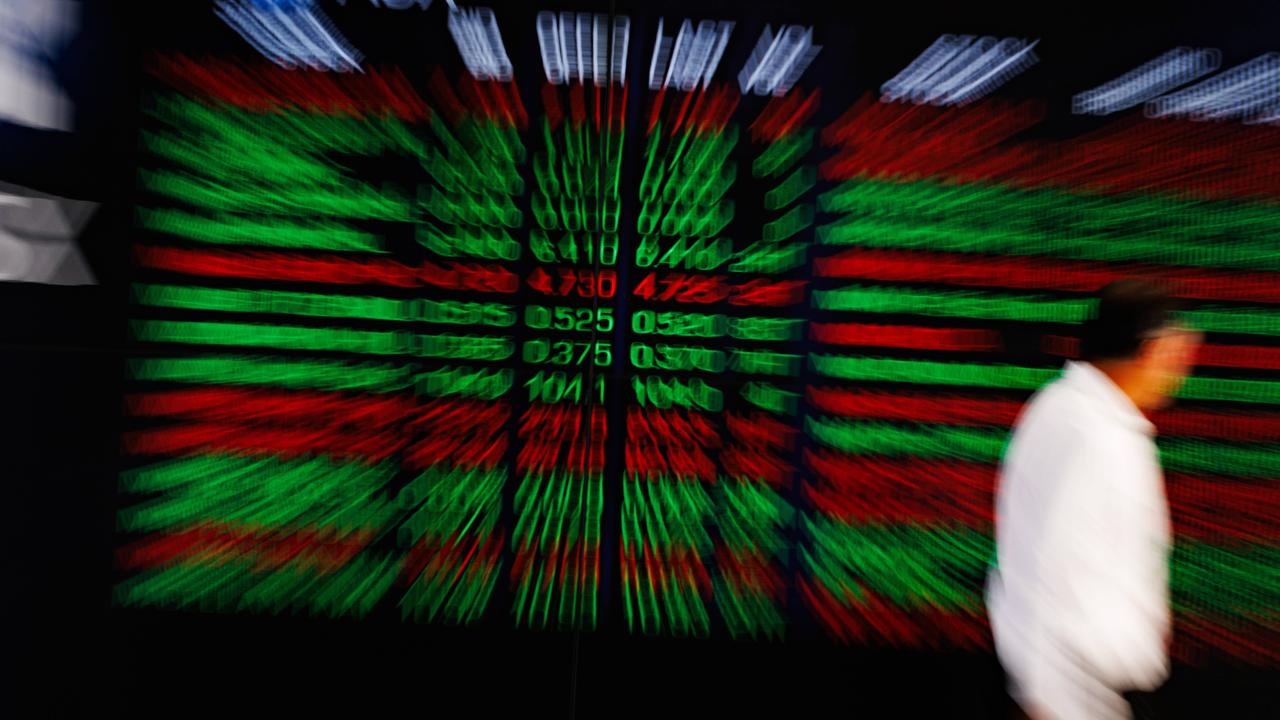Apple loses iPhone trademark in Brazil
REGULATORS in Brazil reject tech giant's application to register iPhone trademark, having already recognised a local claim to name.

REGULATORS in Brazil today rejected Apple's application to register its iPhone trademark in the country, having already recognised a local manufacturer's claim to the name.
The Institute of Industrial Property (INPI) "denied Apple registration of the iPhone trademark", the institute's press office said.
The decision was officially published by the INPI.
Apple had applied for exclusive rights to the iPhone name in Brazil in 2007 when it launched the wildly popular smartphone in the huge Latin American market. But Brazilian manufacturer Gradiente SA had applied to register the brand "Gradiente iphone" in 2000, and was granted rights to it in 2008.
Apple can still sell its smartphones in Brazil with the iPhone name, but Gradiente has the option of suing for exclusivity, the institute said.
The US high tech giant had petitioned the institute to cancel Gradiente's trademark, arguing that it had expired because the company had not used it in five years, the institute said.
But Gradiente surprised the market by launching a "Gradiente iphone" at the end of the year, bringing the dispute to a head. Its first iPhone family model, the Neo One, went on sale in December with a price tag of around $US300 while Apple's iPhone 5 - also launched in December - retails for more than triple the price.
Both Apple and Gradiente refused to comment on the INPI ruling.
Gradiente President Eugenio Emilio Staub made it clear in December that his company would "take all measures to ensure the preservation of our intellectual property rights in our country".
Gradiente's exclusivity rights expire in 2018. Among the criteria used by INPI for granting those rights are avoiding that two firms use the same name for a product, which would create confusion for consumers.
In 2007, Apple reached an out-of-court settlement with US computer giant Cisco, which had been granted rights to the iPhone brand name in 2000. At the end of 2012, a Mexican court ruled in favour of the Mexican telecommunications firm Ifone in a similar trademark dispute with Apple.
With a population of 194 million people and 261 million mobile phones in use at the end of last year, Brazil is a prized market for leading telecom companies. The domestic mobile phone market grew eight per cent in 2012 over the previous year, according to data from Anatel, the national telecom agency.



